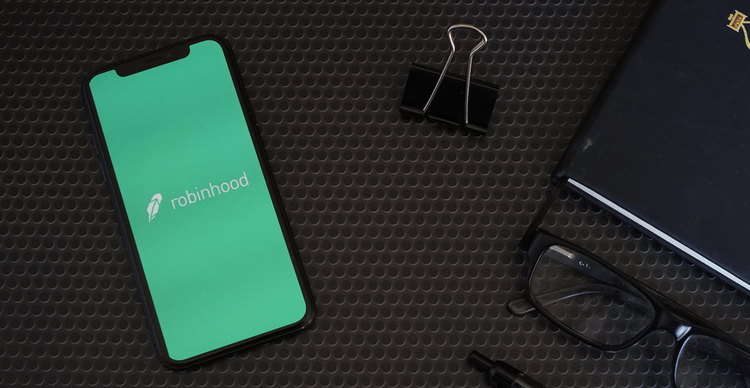
The popular asset trading service provider Robinhood has filed for an IPO days after being hit with a $70 million fine
Financial services company Robinhood has filed an initial public offering (IPO) with the US Securities and Exchange Commission. The brokerage company has already been in the headlines this week, having been charged a $70 million penalty on Wednesday by the Financial Industry Regulatory Authority.
Several top banks, including Barclays, JPMorgan, Citigroup, Wells Fargo and Goldman Sachs will be underwriters as per the S-1 form. The date for the initial public offering is yet to be set, but the company has already confirmed its stock will be listed under the ticker HOOD on NASDAQ. Robinhood stated that it would set aside 20% to 35% of shares to its retail customers.
The stock and crypto trading service is keen to come up with a $100 million through the IPO sale, with reports suggesting that this figure may change. Robinhood had been looking to go public but had to put its plans on hold to give the SEC enough time to comb through its trading activities.
Data from the S-1 draft registration statement shows that Robinhood raked in $7.45 million of net income last year based on a $959 million revenue. The company has seemingly made huge strides on paper, considering it recorded a loss of over $100 million in 2019 after seeing $278 million of revenue. Figures from the first quarter of 2021 show that the financial service company recorded a $1.4 billion loss following the GameStop short squeeze incident.
The data also indicated that the company has a huge footprint in the crypto sector. The filed documents disclosed that $17 million of the company’s trading activities were linked to digital assets. In particular, the meme token Dogecoin represented just over a third of the platform’s cryptocurrency revenue this year.
This doesn’t spell good news for the company, which admitted that if the demand for Dogecoin transactions dips without interest in other crypto-assets, it will be heavily impacted. The Menlo Park-headquartered company additionally observed that it had seen significant growth and unlocked new levels, noting, “If we are unable to manage our growth effectively, our financial performance may suffer, and our brand and company culture may be harmed.”
It is worth noting that the company only allows redemption of cryptocurrencies but doesn’t offer cryptocurrency deposit and withdrawal services. Robinhood discussed the same, saying that introducing the latter services may result in “loss of customer assets, customer disputes, and other liabilities.” It is likely that the company may bring crypto deposits and withdrawals if customer demand grows.

